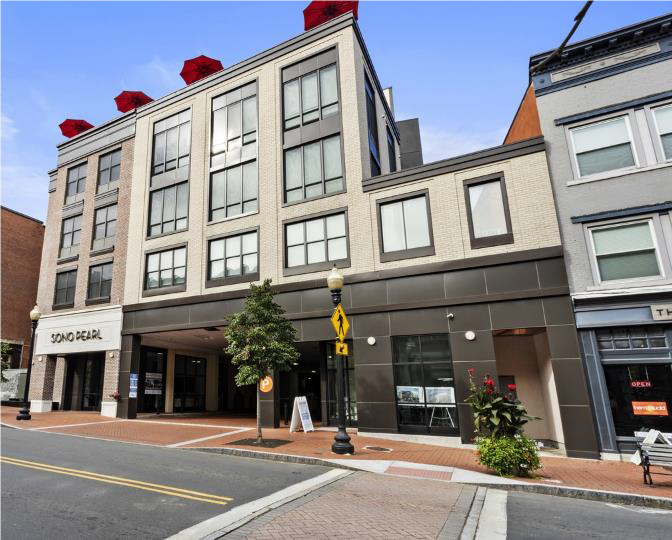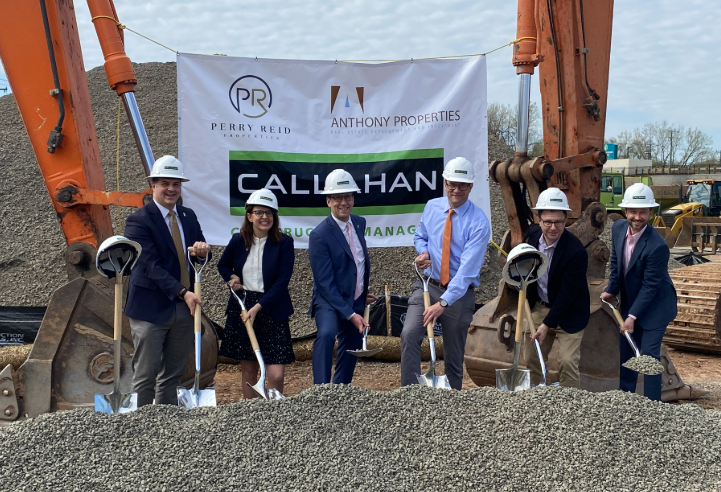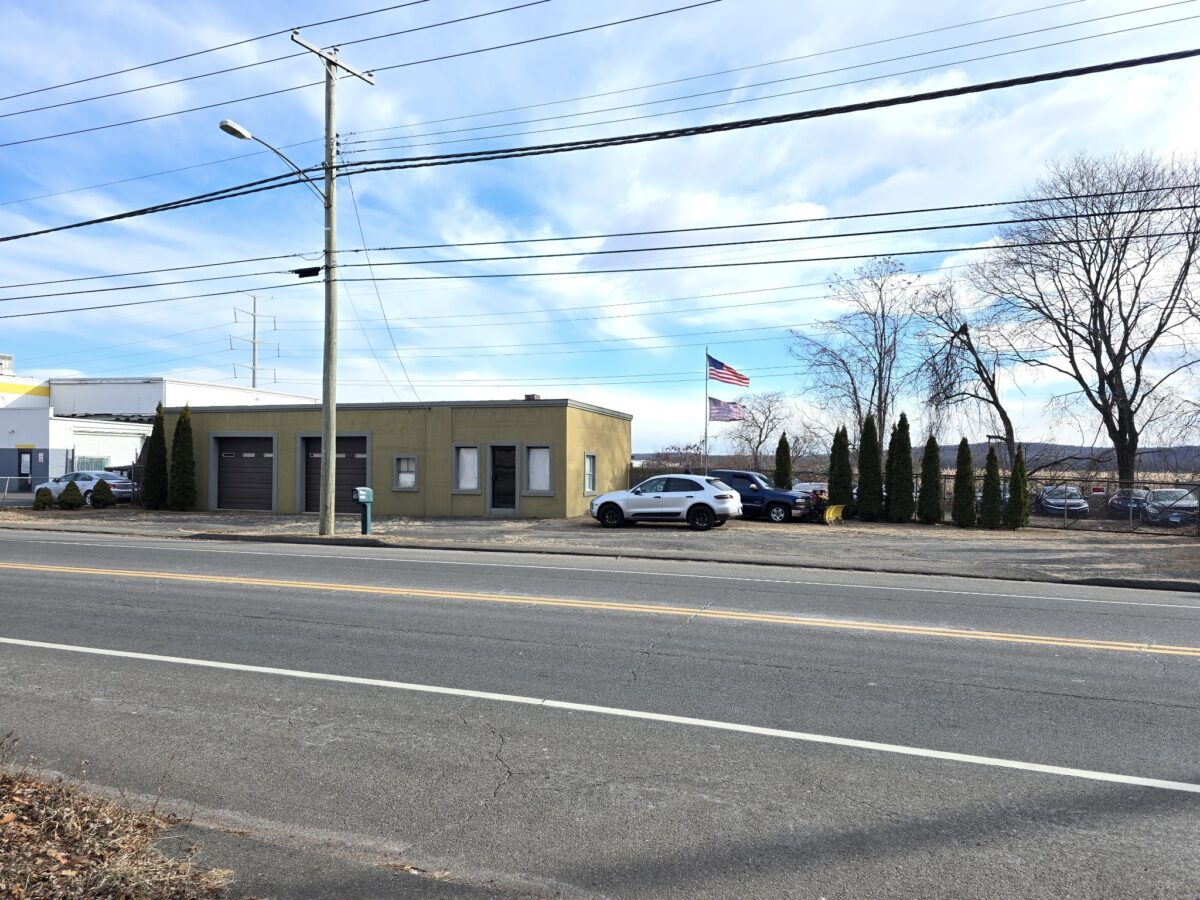News: Connecticut
Posted: November 19, 2007
CT Real Estate Appraisal Commission update
The CT Real Estate Appraisal Commission's role is to assist the State of Connecticut Department of Consumer Protection, Occupational and Professional Licensing Division, in the regulation of the real estate appraisal industry in the state of Connecticut. The Commission includes up to 8 members at any time, 5 certified appraisers and 3 members of the public. At the present time, there are 5 certified appraiser members and two public members with one public member spot open. For more information on the Department of Consumer Protection and the Real Estate Appraisal Commission, please log onto www.ct.gov/dcp.
As a member of the Commission, I hear from appraisers throughout the state about a number of issues that concern them. In an effort to keep our fellow appraisers apprised of current regulatory goings-on, here's an update on two issues that have dominated the last year's worth of Commission meetings. Future articles are planned, including an overview of the complaint process, how the state staff and Commission are working together to streamline the investigation and adjudication process, and a summary of the past couple of years' complaints and actions taken.
License Categories
As of September 30, 2006, a number of older license categories, the "limited" or "tenured" appraisers with either a residential or general category have been eliminated. This means that there are only three license categories available to appraisers in the state of Connecticut: certified residential (RCR), certified general (RCG) and provisional (the trainee category - RSP). Many appraisers who formerly held a limited or tenured license have upgraded to one of the three approved categories. If they did not, they are no longer considered licensed appraisers in the state of Connecticut. This means that any appraisal work they have performed after October 1, 2006, regardless of whether it is for a federally related transaction or not, is in violation of state law. As all appraisers should know, Connecticut has what is known in the appraisal profession as a mandatory law. This means that any individual in the business of providing value opinions on real estate for a fee must be licensed by the Department of Consumer Protection. The only exemptions under the law are individuals whose appraisal / valuation practice is otherwise regulated by the Office of Policy and Management or who are real estate agents or brokers who provide broker's price opinions in furtherance of a listing. The Trade Practices Division of the Department of Consumer Protection, with the assistance of the Commission when requested, will thoroughly investigate any complaints filed about such unlicensed appraiser activity. I can assure all appraisers that we take the mandatory appraisal law seriously and fully intend to investigate any and all complaints about unlicensed individuals providing appraisals in Connecticut.
Continuing Education Requirements
As most appraisers are painfully aware, we are required to complete 28 hours of continuing education every 2 years as part of the license renewal program. Please note that the hour total is set by The Appraisal Foundation, not the Appraisal Commission. In other words, it is a federal and not state mandate. No licensed appraiser is exempt from this requirement. In Connecticut, the continuing education has to be completed within a May 1 - April 30 cycle in Connecticut, ending in the even years. The most recent continuing education cycle concluded as of April 30, 2006. Therefore, the current cycle began on May 1, 2006 and will end on April 30, 2008.
Up until the 2006 renewal period, appraisers had been required to submit proof of the continuing education (CE) along with the license renewal form. Beginning with the April 2006 expiration, appraisers were not asked to submit proof of the education with the renewal. However, by signing and returning their renewal, they were attesting that they had in fact completed the CE requirements and would submit proof of same if required.
The Commission was informed that this change was made to bring the appraisers license category in line with existing state law that also governs the renewal process for other license categories under the supervision of the Department of Consumer Protection. The Commission was fearful that moving to what we viewed as an honor system could be ripe for abuse. We felt that a pretty stiff audit percentage would be needed to ensure integrity in the industry, at least for the first time under the new system.
This was based in part on the experience of the Real Estate Commission, which had switched over to this CE system for their 2005 license renewal period. State staff agreed and then some - we ended up with a 100% audit. In other words, everyone was audited.
Over the course of the past year, state staff has diligently worked to complete the audit. As of this writing, in April of 2007, it is still not complete. This means that there are still a number of appraisers who have not yet completed their continuing education requirements for the April 30, 2006 deadline. Here are the rough numbers - about 15% of the total licensees, more than 300 appraisers - were delinquent to some degree with respect to CE.
Most of the delinquencies fall into one of three categories. First, many of the delinquencies represent recently licensed provisional appraisers who did not realize that if they received their provisional license at least 12 months before the next CE date they were required to complete the CE during that cycle. The second most common mistake was appraisers failing to complete one or both of the two mandatory courses - the 3-hour CT appraisal law module (a state requirement) or the 7-hour National USPAP update (mandated by The Appraisal Foundation). The third common group of delinquencies was appraisers who thought they had completed all 28 hours prior to the April 30 deadline but upon the audit request realized they were in fact short of hours.
All appraisers who did not submit proof of completion of the CE hours by the April 30th deadline were subject to fines. The fines were established by the state at the rate of $100 per late credit hour, $50 per late credit hour for provisional appraisers. In addition, all appraisers were required to complete their full 28 hours of CE, including the mandatory courses. For appraisers who ultimately don't satisfy the CE requirement, they will lose their license.
Sean Hagearty is a member of the Connecticut Real Estate Appraisal Commission.
Tags:
Connecticut
MORE FROM Connecticut
Highcap Group brokers $41.1 million sale of two building multifamily portfolio
Norwalk, CT Highcap Group has completed the sale of two luxury multifamily properties with a total of 120 units for a combined purchase price of $41.4 million.

Quick Hits







.png)